|
Today is more than important to work on factors that can help preventing and managing Early School Leaving and conflicts. This is the goal of this training course, which is becoming increasingly important even though there are no easy answers. With a holistic approach in mind, participants learned how to identify the causes of this phenomenon, the best approaches and strategies to prevent, tackle, and reduce it, as well as the keys to conflict management. The new edition of the course “Preventing conflicts and tackling Early School Leaving” took place in Bologna from 23/01/2023 to 28/01/2023. The participants came from all across Europe, with Florentina Custódia Pascoal Ferreira, Vasco Renato Pires de Sousa, Sónia Cristina Reis de Aguiar Navarro Y Rosa, Lúcia de Fátima Monteiro do Couto, from Agrupamento de Escolas Emídio Navarro in Portugal, Yolanda Pérez Zapiaín, Mª Cristina Andreu Fernández from IES Leiras Pulpeiro in Spain, Natalie Raymond Maldonado, Lourdes Panadero Muñoz from IES Algazul in Spain, Ronja Turkka from Ammattiopisto Live in Finland, Roberta Argento, Lennox Baldacchino, Paul Sammut, Wilfred Cassar, Charmaine Pisani Grixti, Natalino Mallia from St Benedict College in Malta. Early school leaving is a widespread problem across Europe and being in a European context, participants got the chance to explore different perspectives at the national level. On the first day, they focused on defining what Early School Leaving means and on identifying the main risk factors. This enabled participants to create and share a realistic picture of their school experience with Early School Leaving, beginning with the underlying causes and ending with potential consequences. We started from the assumption that in order to develop an early school leaving approach, we deeply need to connect to our students, to be closer to their interests and their feelings. The participants engaged in hands-on activities to learn about the importance of active listening and emotional intelligence in creating social connection. The participants went on discovering the conflict management topic. First, we set aside some time to shift our perspective. With the help of an inspiring TED Talk, the group realised how conflicts provided them with unique opportunities to improve their relationship, communication, and understanding. Afterwards the group practised some non-formal activities to reflect the importance of membership and collaboration. Strategies for collaborative work and peer-education were analysed. On the last day, the group focused on how to battle negativity in the classroom, through group reflection and practical activities. The group defined and characterised the main “negative” student types and developed practical tips and suggestions on how to deal with them in the most effective ways. In the end, we analysed through visual tasks and group reflection the phenomenon of bullying and possible strategies to become upstanders and stop this problem. The key word for this week's training course was "transformation": we learned how to change our perspective on conflicts, how to transform some students' strong and sometimes negative energy into something positive and productive, how to shift our mindset from fixed to growth, and how to transform a group of people into a team. We leave you today with a small suggestion: “There is hope to deal with ESL and I encourage everyone to get involved in this course and live a memorable experience.” - Natalie, Spain Discover more about this course here. |
Welcome to the ELA Blog. Here you will find articles and photos of our courses and have a look at the topics addressed during the week in Bologna, Palermo and Tenerife. You will also have the chance to take a peek at our projects and check out what we have been up to.
Archives
July 2024
Categories |
-
Course catalogue
- 2023-2024 course catalogue
- Soft Skills >
- ICT and New Technologies >
- Inclusion and Diversity >
-
Innovative Teaching Methods
>
- Innovative teaching methods discovery
- Non-formal education teaching methods
- Dual education and work-based learning
- Teaching leadership and entrepreneurship
- Project based learning
- Game based learning and gamification
- Green skills
- Outdoor education
- Outdoor education trekking edition
- Promoting creativity and critical thinking
- Languages and EU projects >
- Preschool >
- Erasmus Plus KA1
- What we do
- About us
- Locations
- Blog
- Contact us
 English
English български
български Čeština
Čeština Español
Español Français
Français ελληνικά
ελληνικά Italiano
Italiano Polski
Polski Português
Português Română
Română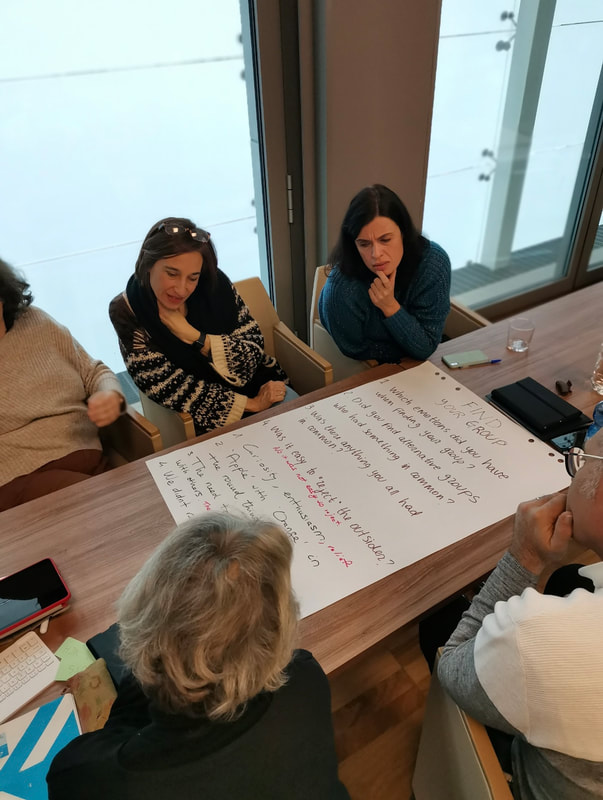
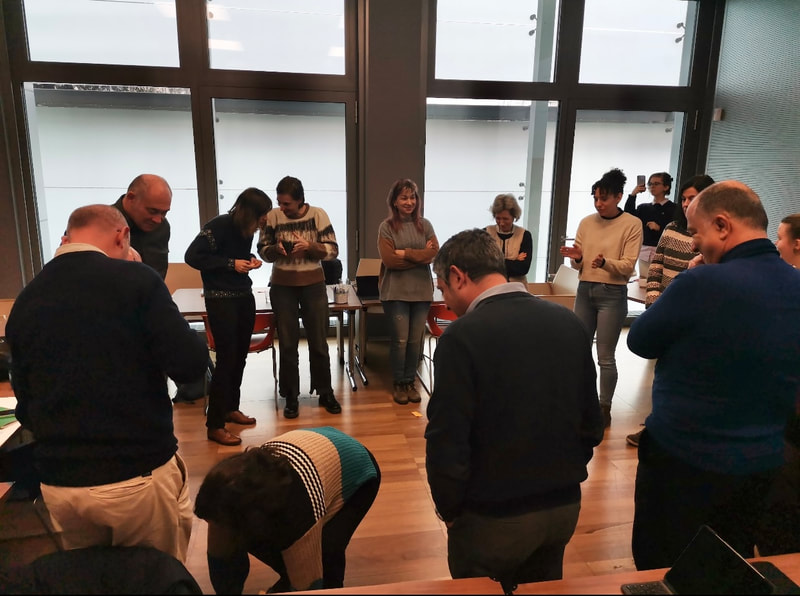
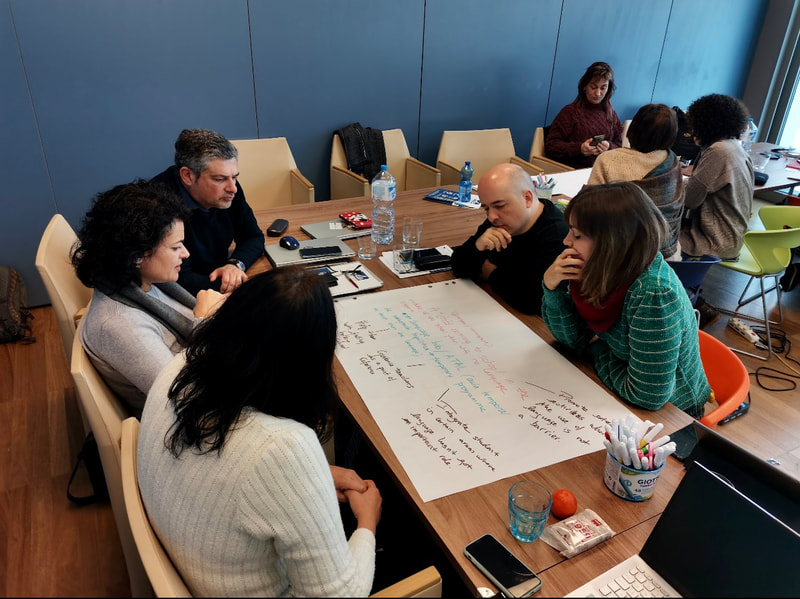
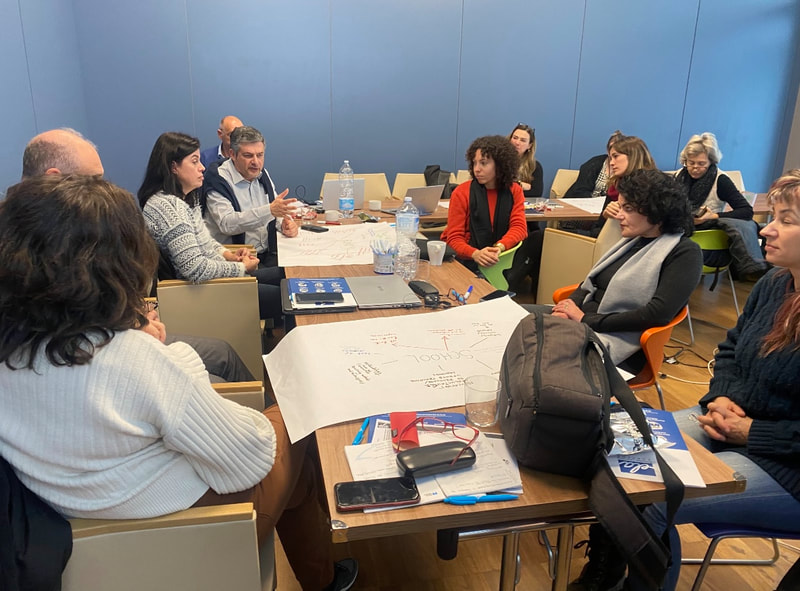
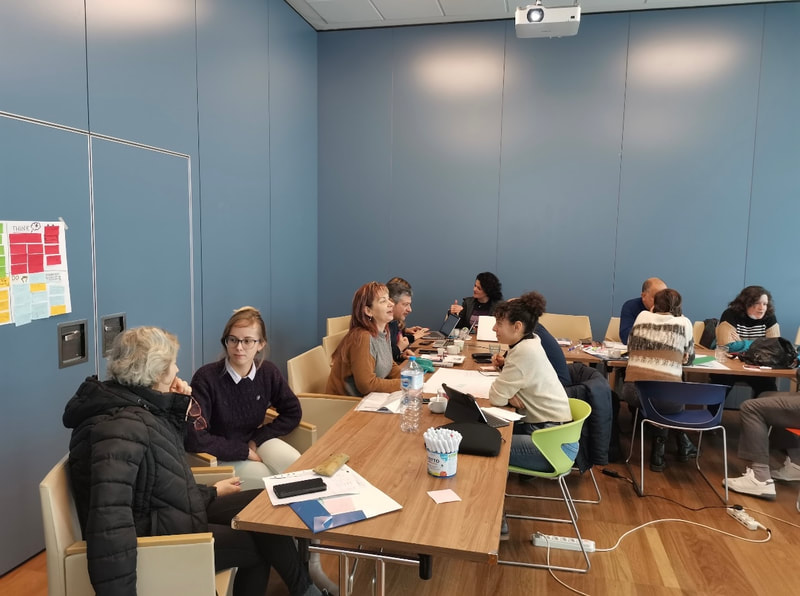
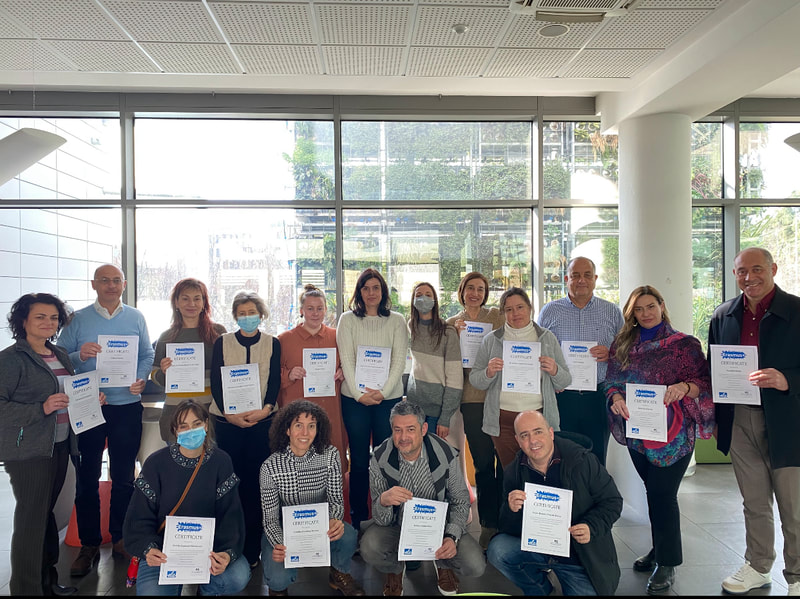
 RSS Feed
RSS Feed









